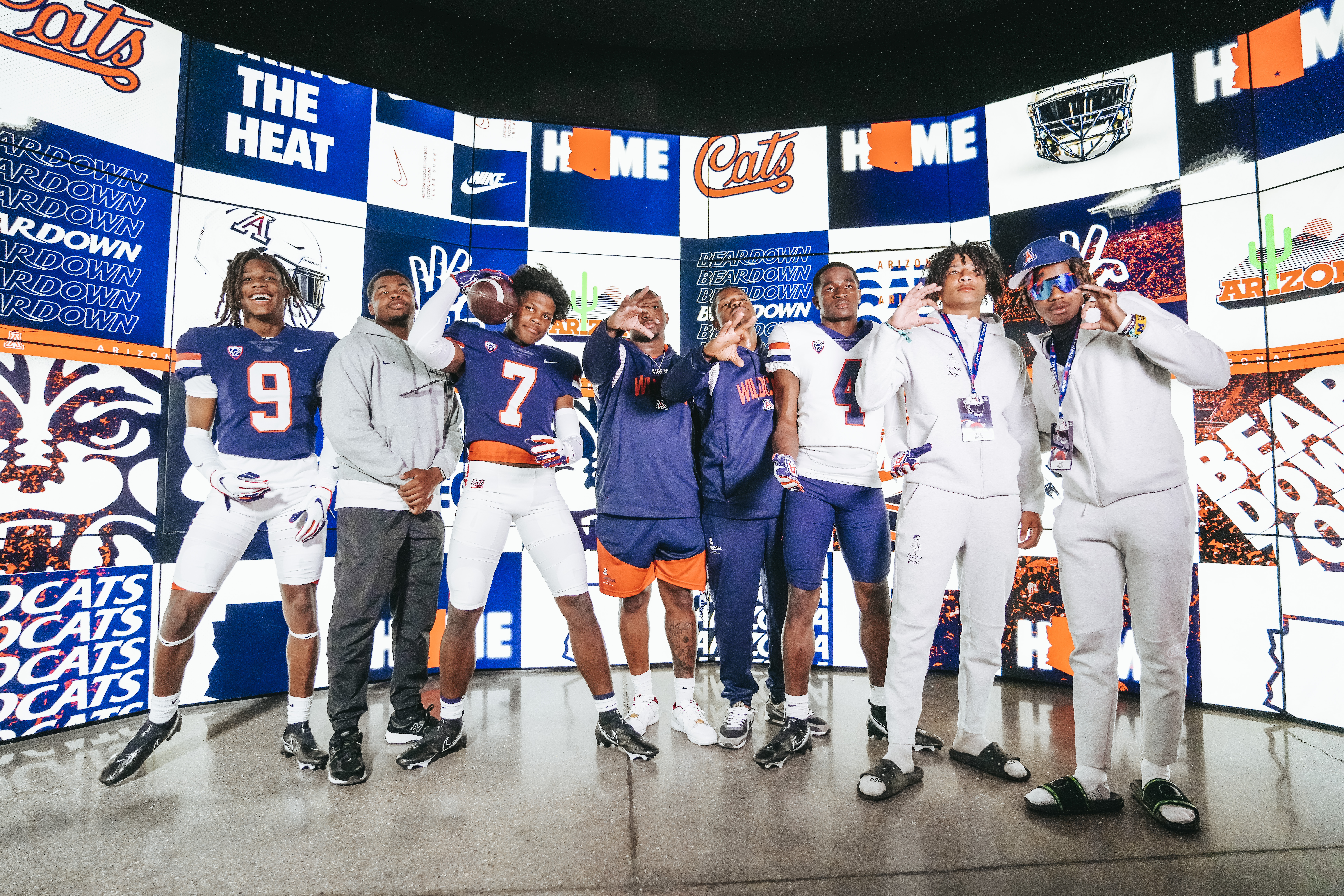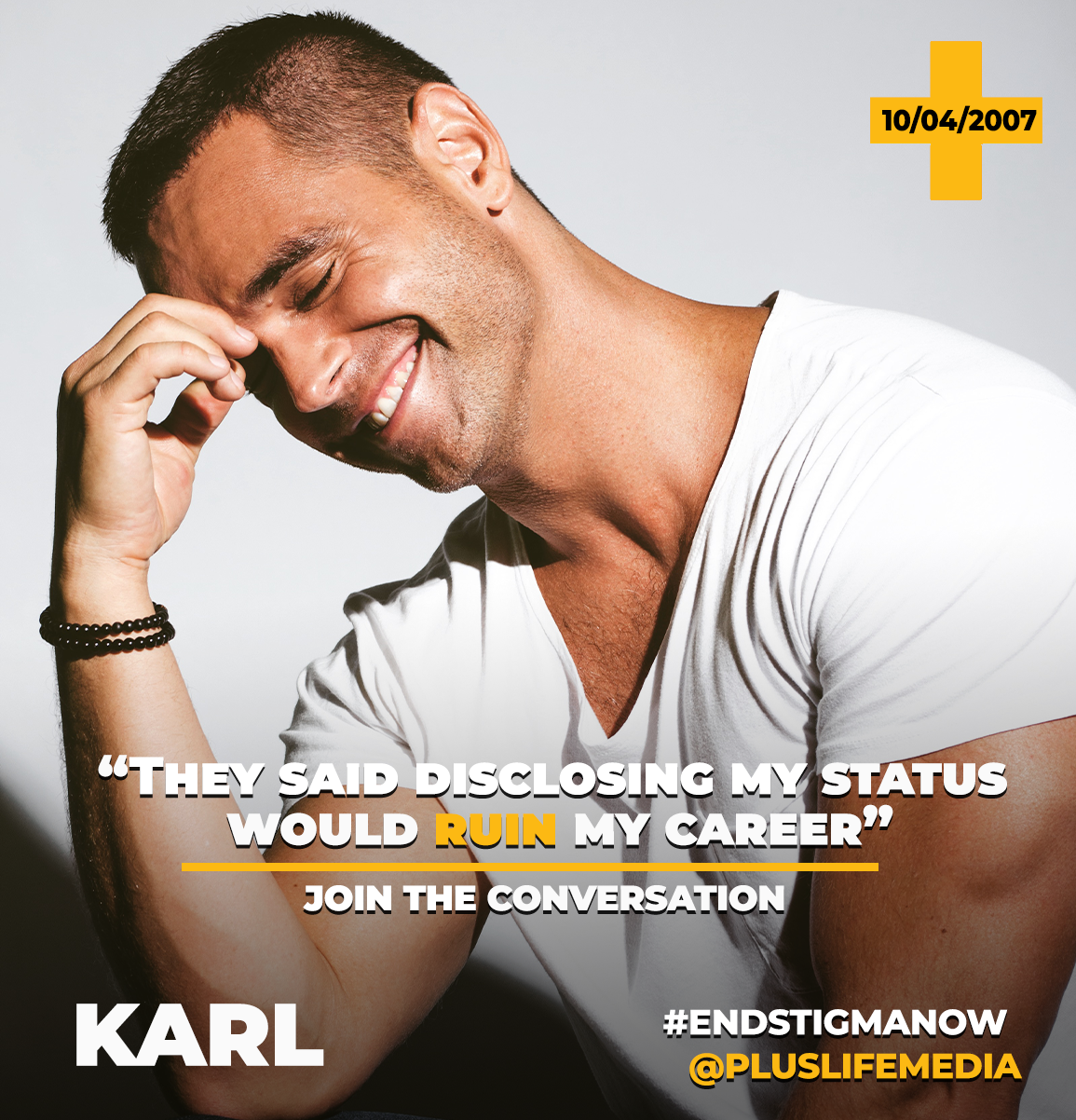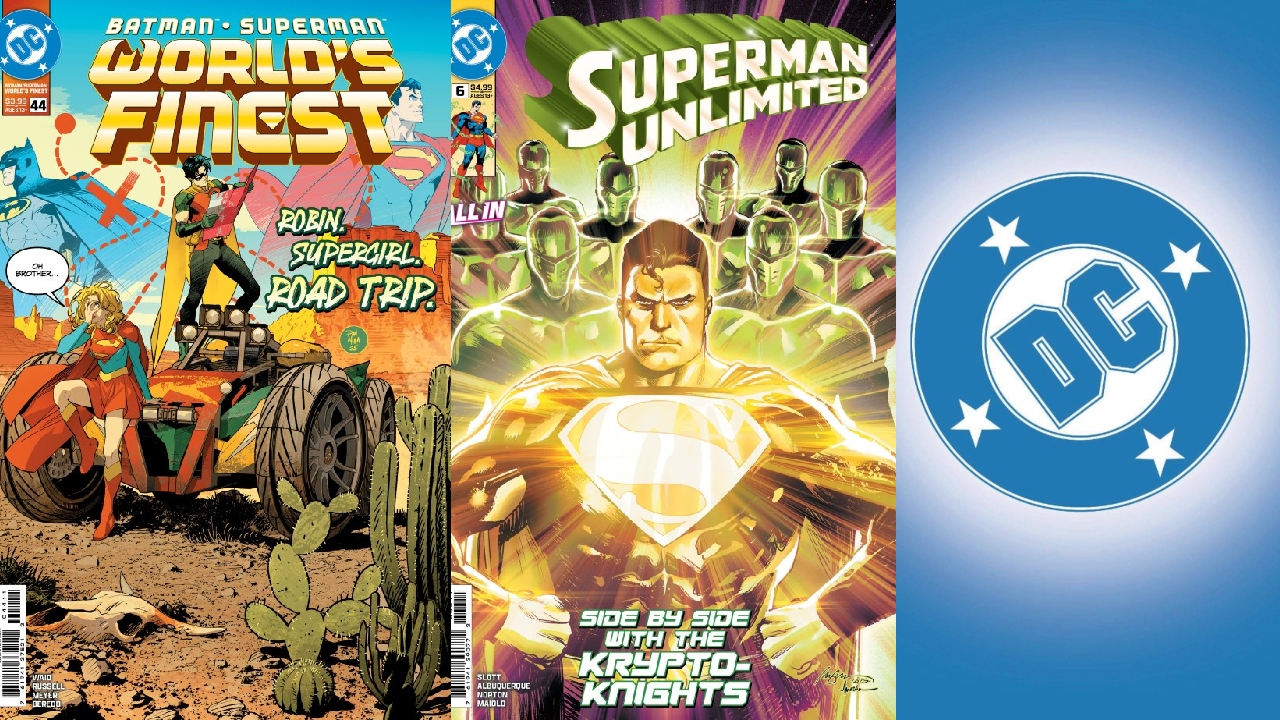
David Ayer and Max Landis’ Bright was Netflix’s most high-profile original film to-date, and despite a critical pounding, it found enough of an audience to warrant a sequel. If you haven’t seen Bright, it combines a modern-day Los Angeles setting with Tolkien-fantasy tropes, such as elves, fairies, and orcs. Bright was weird, energetic, and definitely out-of-left field… it was also a helluva lot of fun.
Underlying Bright‘s crime-fantasy elements were themes of racism and intolerence, wherein elves stood in for society’s elites while orcs represented the underclasses. The dynamic was illustrated by the relationship between Will Smith’s veteran cop Daryl Ward, and his partner Joel Edgerton’s rookie cop Nick Jakoby… who also happened to be an orc. Edgerton’s character was pivotal, though he was hated by his fellow officers, his earnest demeanor, unflinching courage, and dedication to the job positioned him above the fray.
Related – Does Bright’s Success Prove Netflix Doesn’t Need Mainstream Audiences?
While doing press for his latest movie, Red Sparrow, Edgerton shared his thoughts on Bright‘s critical drubbing with Collider:
“All I know is what was reported, which was something like… 11 million that first weekend… And I think that would be supported by the wild discrepancy between the audience score and the Rotten Tomatoes aggregate score, it’s almost the inverse of Star Wars [The Last Jedi]. You’ve got critics at 93 or 92%, and the audience gave it a 50-something, and you get to Bright, which is sort of slammed by critics, but it has a 90% audience score. I think there was a little bit of extra critical hate towards it because it’s changing the landscape of the movie business, but I think Bright is maybe a movie that needs to be reviewed by public opinion rather than viewed through the highbrow prism of film criticism.”
Edgerton has a point. Some recent Netflix originals — War Machine, Bright, Mute — earned wildly disparate critic and audience scores on Rotten Tomatoes and Metacritic, while others — Okja, Mudbound, Beasts of No Nation — were a bit more aligned. You could argue that Netflix is making arthouse films for niche audiences (and you’d be right); perhaps mainstream critics are simply applying the wrong criteria to these films?

One thing most critics and fans do agree upon: Bright‘s fantasy version of Los Angeles was both bizarre and fascinating. Many critics and fans have stated a desire to see more of it in the sequel. Edgerton shares some insights about this topic:
“I don’t know exactly where they’re going to take it. I got the sense from David [Ayer] that he might take it to a new setting, which I think would be cool to see. I personally was most curious of what was happening outside of Los Angeles, and obviously the world at large is populated by similar characters and how does that affect other cities? I think it’d be awesome to have a look at that.”
Finally, Edgerton expands on the potential arc for his character, whose actions earned him hard-fought respect within the department:
“It’s interesting where do Daryl and Nick go now that they’ve had that experience. Is Jacoby now suddenly more accepted because he went through that experience, or is he going to go back to work on Monday and have people mistreat him? … I can tell you why I signed on for a sequel. I had a good time with the people; I had a tough time in the prosthetics for sure, but I loved playing the character. Between ‘action’ and ‘cut’, it was one of the most exciting characters I ever got to play just because of the complete freedom. I love improvising, it was my version of like playing Chunk in Goonies or Shrek or something — the big, kicked-to-the-curb, ugly, misunderstood, monster character.”
What did you think of Bright and are you excited for a sequel? Let us know in the comments down below!
Don’t forget to share this post on your Facebook wall and with your Twitter followers! Just hit the buttons on the top of this page.
SOURCE: Collider

 FOR FANBOYS, BY FANBOYS
Have you checked out LRM Online’s official podcasts and videos on The Genreverse Podcast Network? Available on YouTube and all your favorite podcast apps, This multimedia empire includes The Daily CoG, Breaking Geek Radio: The Podcast, GeekScholars Movie News, Anime-Versal Review Podcast, and our Star Wars dedicated podcast The Cantina. Check it out by listening on all your favorite podcast apps, or watching on YouTube!
Subscribe on: Apple Podcasts | Spotify | SoundCloud | Stitcher | Google Play
FOR FANBOYS, BY FANBOYS
Have you checked out LRM Online’s official podcasts and videos on The Genreverse Podcast Network? Available on YouTube and all your favorite podcast apps, This multimedia empire includes The Daily CoG, Breaking Geek Radio: The Podcast, GeekScholars Movie News, Anime-Versal Review Podcast, and our Star Wars dedicated podcast The Cantina. Check it out by listening on all your favorite podcast apps, or watching on YouTube!
Subscribe on: Apple Podcasts | Spotify | SoundCloud | Stitcher | Google Play



